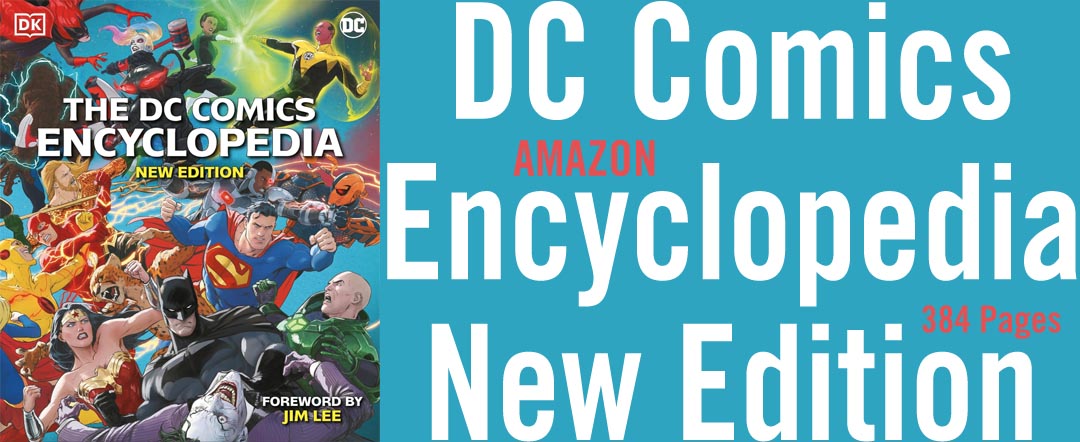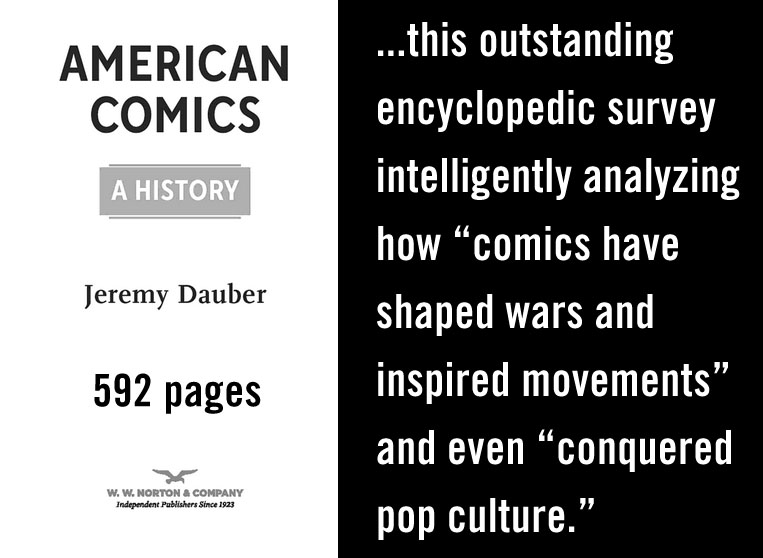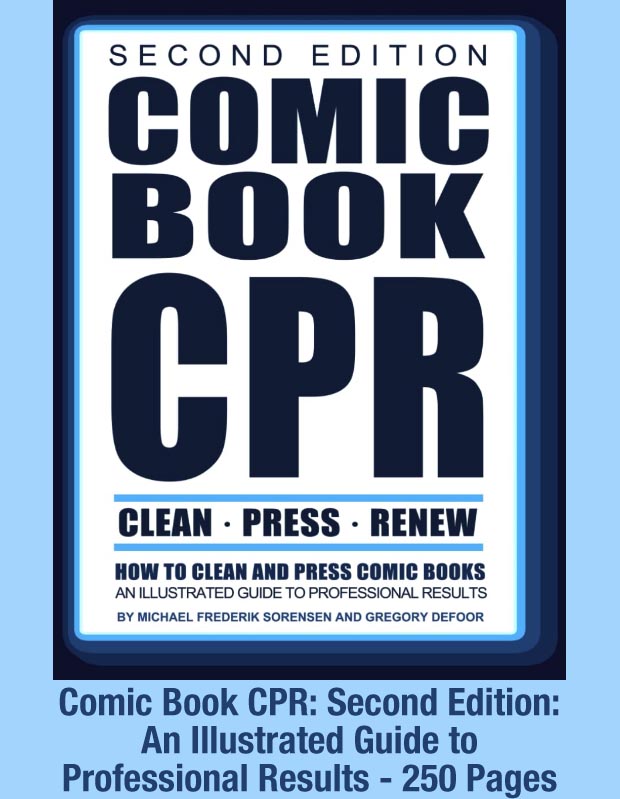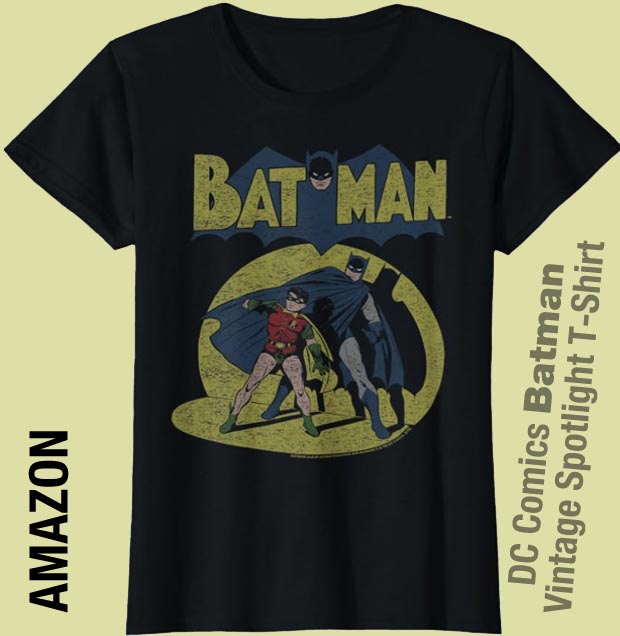Archive Page 2036
July 2020
The ongoing revival of UltraMan
Story at SYFY on bringing the Japanese superhero up to date. The streaming rights to the Ultra Man library of TV shows has been picked up by Shout - story at Hollywood Reporter. And Gizmodo reviews the first Marvel Comics issue of Ultra Man.
Article praising Terminator 2 and Schwarzenegger
Article makes a nice overview of the Terminator films, particularly number 1 and 2, but it fails in a couple of respects. One is this comment:
Terminator 2 was the absolute apex for Schwarzenegger. In the years that followed, he would only make a couple more huge hits, and his grip over the American dream-life would slowly slip away—at least until he moved into another medium and used that movie-star power to become governor of California.
My first complaint
These comments don't reflect the time period correctly:
Arnold's run as a huge box office star lasted about ten years, from the triple whammy success of Conan, Terminator and Total Recall, on through at least True Lies and arguably, right on thru lesser successes (not strictly measured by dollars, but by how much Arnold dominated movie release schedules) like Eraser, Batman and Robin and the Sixth Day. (Eraser was Arnold's "comeback film," but it did not return him to his previous prominance. His name power continues to pull support in international)
During all this were comedies, Kindergarten Cop, Twins and later Jingle All the Way. It was for 2002's Collateral Damage that I think circumstances at the bijou showed that Schwarzenegger's pull had definetely moved down several pegs, something already suspected but now made official.
There were real bombs during the peak years, like Last Action Hero, but in general any new Arnold movie, during that ten year spread, was given a lot of attention, and on opening night his movies had the seats filled, whether the movie "had legs" as the cineplex business puts it, is another thing. A lot of these films were not particularly very good, but Arnold's brand of action mixed with self-deprecating comedy, made him unique and a consistent draw.
Arnold started off as a kind of updated version of Mickey Hargitay (though to be fair there is also a lot of Steve Reeves, too), just as Dwayne Johnson currently seems like an updated version of Arnold.
My other complaint
The article at AV Club tells us a lot about the two first Terminator movies, but fails to mention the October 1964 episode of The Outer Limits titled Demon with a Glass Hand. Similarities caused legal action resulting in Terminator's production to settle out of court. Part of the settlement was that Demon's writer Harlan Ellison had his name added to Terminator's credits (although Ellison says that Terminator actually stole more from a different sci-fi tale also made with The Outer Limits, an episode titled "Soldier.")
Seeing Demon with a Glass Hand is quit an experience because far more than just Terminator has helped themselves to the ideas in Ellison's script (it featured actor Robert Culp and Arlene Martel).
A particular aspect of Demon that is reflected in Termiantor 2 (but not the first film) is as the AV Club writer Tom Breihan points out: turning the cyborg into the good guy was the twist that was needed for the sequel. This actually brought it even more in line with Ellison's 1964 TV episode.


Top selling comics of the bronze era
Countdown at CBR
Christopher Reeve's Superman
A love letter to the Reeve's Superman at Omaha Com
Marvel's new covers for coming books
Profile and images at Gamesradar (formerly Newsarama)
Profile of Denny O Neil's "Crime Alley" story in Detective Comics #457
O'Neil tinkers with the Batman origin tale with his introduction of the character of Leslie Thompkins. I remember when this issue came out, it seemed to signal that the cynicism of the 1970's Detective Comics (a cynicism more prevalent in the Archie Goodwin stories, and sort've picked at a bit by Bob Haney in the Brave and the Bold) had peaked out and through tales like O'Neil's, Batman was being shifted into a friendlier figure (as he already was in the Batman flagship title, at this time Detective Comics had been allowed a lot more experimentation space because, reportedly, sales were so poor). This "new" Batman segue way became the mainstay at DC Comics until Frank Miller's overhaul with Dark Knight Returns, which put some of the anger back into the character.
Article at CBR makes a good point about how much DC rehashes Batman's tragic origin:
One of the interesting things about Batman's origin is that, for the most part, it has rarely appeared in the comics over the years. Sure, it would occasionally come up, but outside of the introduction of Joe Chill in the 1940s and then the idea that Thomas Wayne was specifically murdered for something he did to a mob boss (which was revealed in the 1950s), writers mostly steered clear of Batman's origin in terms of new stories. This is shocking to us today, of course, as it seems like Batman's origin is revisited every other day, but that wasn't the case back in the day.
New DC Comics for October 2020
I thought this was DC's marketing plan for the last 85 years?
"Zack Snyder's Justice League Transforms Superman Into the DCEU's Greatest Hero"
Story at Movieweb
More about Snyder Cut Justice League
Phase-IV Marvel doesn't include Deadpool III
But maybe it is set for Phase V. The story at Digital Spy
IDW has all new brass
Shakeup chronicled at Games Radar
Ever since the 1960's Batman TV show, newspaper articles on comics have had sound-effect headlines like this:
"Swoosh-Bam-Pow! COVID villain can’t stop Free Comic Book fun"
Story at Herald Net
Virtual Comicon 2020
Comicon 2020 Souvenir Book Link
Coverage at San Diego Fox 5
Walmart and Todd McFarlane / Greg Capullo teamup with cybernetic gorilla Cy-Gor
Story at MSN News





